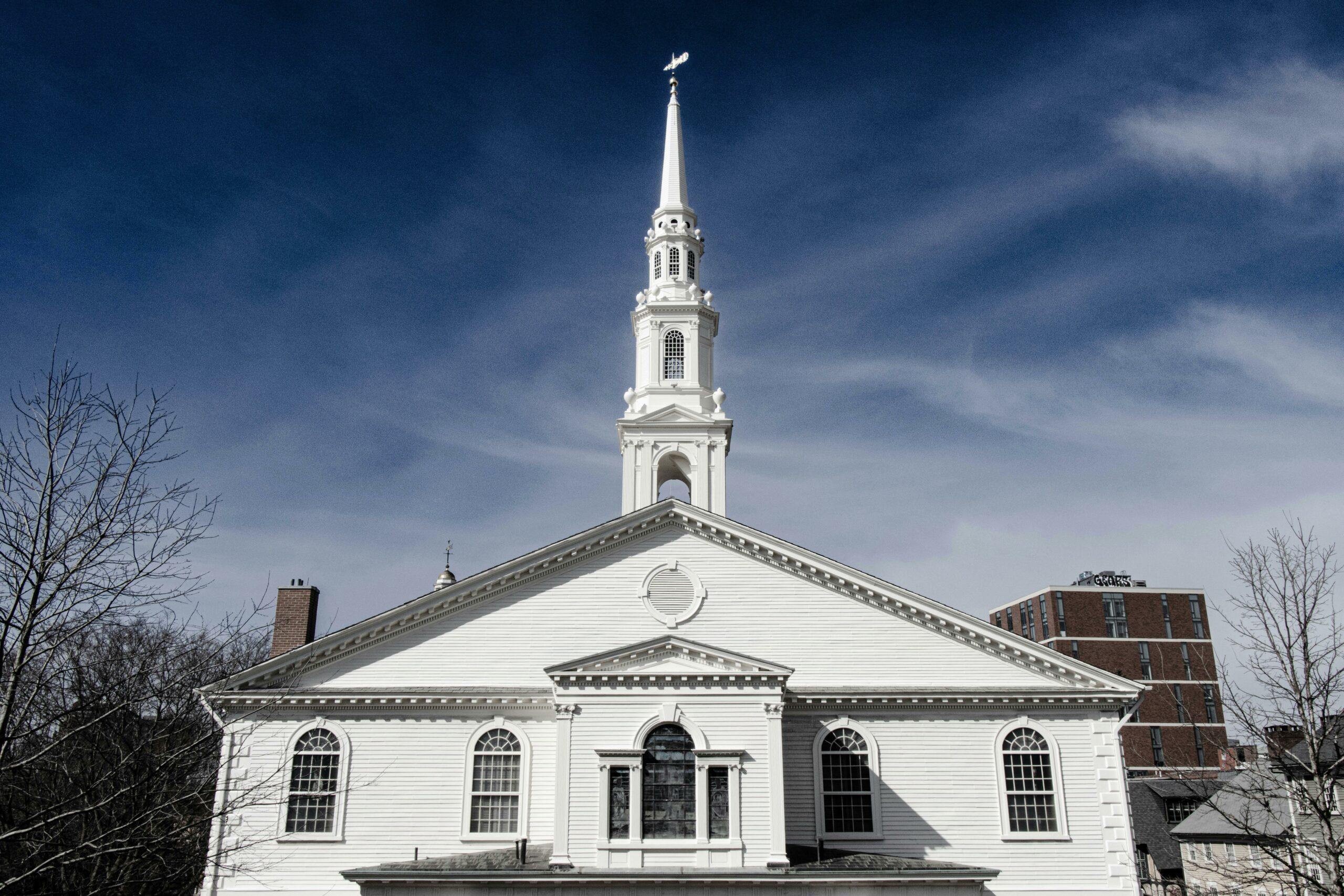On June 19th, Governor Landry signed into law HB 71, which requires an 11×14 poster displaying a paraphrase of the Ten Commandments hung in every public school classroom in the state of Louisiana. As a former paralegal and children’s pastor, I have studied both law and scripture. Though I do not claim to be an expert in either, my educational path has given me a unique perspective on the relationship between theological and legal doctrine. I believe this bill directly conflicts with Judicial Precedent and with American church history. Both share a common thread, referring to the “Wall of Separation” as a metaphor for the relationship between the government and religion.
This marks the first time such a law has been passed in state congress and signed by a governor since Stone vs. Graham more than forty years ago, where the Supreme Court held that such action was a violation of the First Amendment.
The First Amendment of the Constitution states, Congress shall make no law respecting an establishment of religion or prohibiting the free exercise thereof.
This applies to the states by incorporation through the Fourteenth Amendment. The US Constitution’s First Amendment codifies religious liberty by creating a form of government designed to limit its authority. In doing so, it protects the individual liberty to worship (National Park Service). Freedom of religion is woven throughout the fabric of our founding documents.
It was puritan minister Roger Williams who first penned very idea of separation of church and state. Williams offended his fellow Puritan Clergy when he propounded that the government was not authorized to enforce the first four of the Ten Commandments, because they were private matters of individual faith. This was in direct conflict with the government of Massachusetts Bay Colony (Free Speech Center). Despite being chastised, Williams persisted with his ideas, and was eventually sentenced to banishment for speaking his mind. This led Williams to purchase land from the Narragansett tribe and establish Providence, which would later become Rhode Island (Smithsonian). There, he left the puritan denomination and pastored the first Baptist Church in America. As founder of Providence, Williams wrote a political compact, where he omitted the mention of God altogether. Known for his piety, this showed how strongly Williams believed in his new theory of government and saw it as a way to protect the peace and integrity of the church. In 1644, Williams published a pamphlet where he referenced ‘a high wall’ between church and state to keep the ‘wilderness’ of governments out of the affairs of religion (National Park Service).
More than a century later, the Baptists of Danbury wrote to President Jefferson congratulating him on his commitment to religious liberty and seeking assurance these ideals would hold steadfast (governing.com). In his famous reply dated January 1, 1802, Thomas Jefferson emphasized, “religion is a matter which lies solely between Man & his God, that he owes account to none other for his faith or his worship, that the legitimate powers of government reach actions only, & not opinions, I contemplate with sovereign reverence that act of the whole American people which declared that their legislature should “make no law respecting an establishment of religion, or prohibiting the free exercise thereof,” thus building a wall of separation between Church & State (National Park Service).
This is one area where churches and government have historically closely aligned. Judicial precedent has made reference to the Danbury metaphor on multiple occasions. One such example was In Everson v. Board of Education (1947), where Justice Hugo L. Black declared, “The First Amendment has erected a wall between church and state. That wall must be kept high and impregnable. We could not approve the slightest breach… (governing.com).”
In his theological essay supporting the of separation of church and state, Mitch Randall states, “The wall of separation between church and state provides a necessary barrier between the state and the church, so that one does not ever rule over the other (NorthHaven Church).” He goes on to say, “For this freedom to remain a protected sacred right of humanity, then there must be a provisional ideal for this to remain a vital part of our society. Jesus, more than anyone else, understood the dangers of religious and political entanglements. Christians should never forget that the crucifixion of Jesus was at the hands of religious and political powers uniting to stifle a voice of love and liberation. Thus, the separation of church and state should be foundational for all Christians that celebrate and champion the ideals of freedom.”
Following in this rich tradition, 115 clergy and lay members from different churches and denominations across Louisiana recently compiled a letter to Governor Landry, asking him to veto HB 71 (Baptist News Global).”The government should not be in the business of promoting religion or dictating an official state-approved version of any religious text (Veto Petition).” Though they did not literally mention the wall of separation, it is heavily implied. Leaders give several reasons why this bill is not aligned with the church body’s values. Specifically, a short dive into some exegetical research and one will find lawmakers did not quote an actual translation of the Bible or the original Hebrew, but rather cobbled together a sloppy “Frankensteinian” paraphrase. The letter goes on to say that the responsibility of religious education belongs to families, churches, and religious organizations. “We value the right of all families to determine the religious education of their children and are appalled to see public officials claiming that right for themselves.” Worth mentioning, the petition also pays respect to Public School Educators, who already carry a “great load.” The letter states teachers should not be expected to add Biblical Expert to their already full plates. Public schools do not need to be turned into Sunday schools (Veto Petition).
Hanging the ‘Ten Commandments’ in public school classrooms not only directly contradicts centuries of legal precedent, it fails to take into consideration the history of the church’s stance on the issue since the inception of this country. In addition, the authors of the bill have dissected scripture, expecting teachers to put pieces back together that never made a complete picture in the first place – an impossible task and heavy burden. The ACLU has already filed suit, and more will follow, amounting to countless taxpayer dollars spent on litigation costs. Above any professional or educational experience, I am first a mother of public school students. I firmly believe HB 71 violates the high wall of separation and should never have been passed.

















